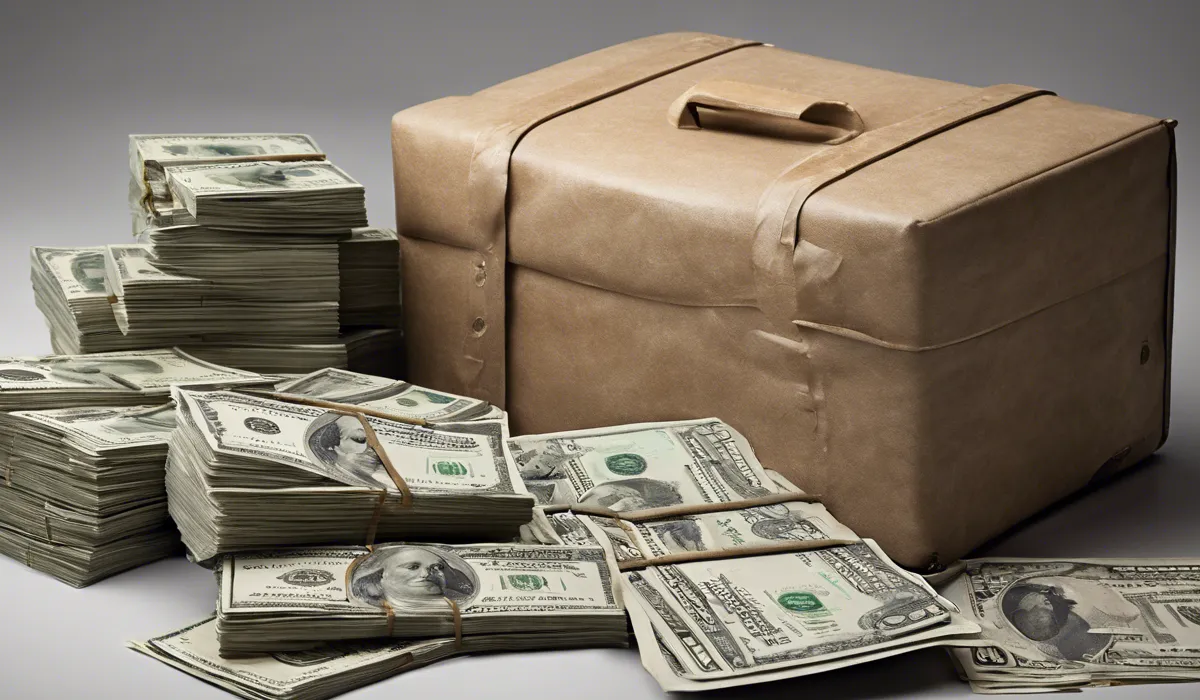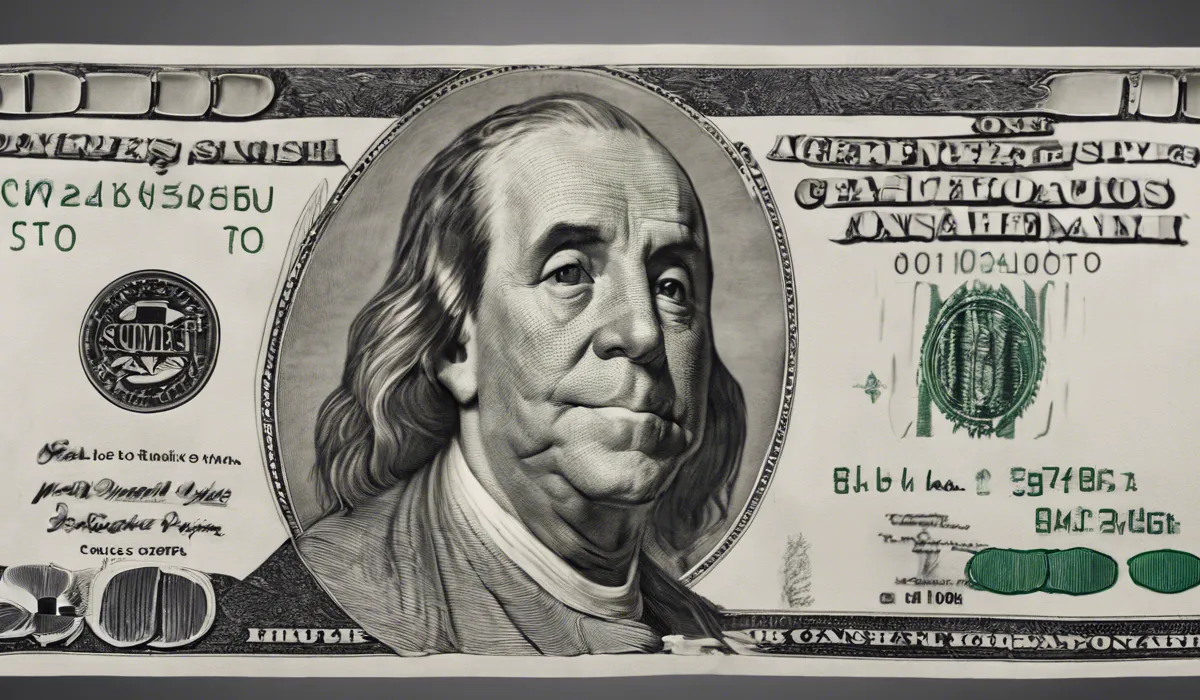To prevent cash from molding, store it in a dry, cool, and well-ventilated area. Use silica gel packets to absorb moisture, and keep the cash flat in an envelope or paper wrapper. Avoid damp locations and check the cash periodically for signs of mold.
Understanding the Causes of Cash Mold

What is Mold and How Does It Grow?
Mold is a type of fungus that thrives in moist, warm environments. It reproduces by releasing spores that travel through the air, looking for ideal conditions to grow.
When these spores land on surfaces that provide them with the right amount of moisture and nutrients, they start to multiply, forming visible colonies that we recognize as mold.
Factors Leading to Cash Mold
Several factors contribute to the growth of mold on cash. First, humidity is a critical component.
Cash stored in areas with high humidity is more susceptible to mold because the moisture in the air provides the perfect breeding ground for spores.
Second, the temperature plays a significant role. Warmer temperatures can accelerate mold growth.
Third, exposure to light can affect mold growth, although many molds can grow in dark environments as well.
Lastly, poor air circulation can create stagnant air, which allows mold to thrive. When cash is stored without proper ventilation, it becomes a prime target for mold colonization.
Environments Prone to Cash Mold
Cash is more likely to mold in places like basements, attics, and other areas that may experience dampness or fluctuations in temperature and humidity.
Storing cash in a wallet or a safe without proper air circulation can also lead to mold growth, especially if these storage spots are located in inherently moist areas of a home or business.
Best Practices for Storing Cash

Choosing the Right Location for Cash Storage
Selecting the right location is crucial for keeping cash mold-free. It should be a place that remains dry and maintains a consistent, cool temperature.
Avoid areas that experience drastic temperature changes or that could become damp, such as near a bathroom or kitchen.
Maintaining a Dry, Cool Storage Environment
To prevent mold, the environment where cash is stored should be kept dry and cool. Using an air conditioner or dehumidifier can help regulate humidity levels.
In locations without these appliances, ensure that the space is well-ventilated and that you use fans to promote air circulation.
Appropriate Containers and Wrappers for Cash
Containers and wrappers can protect cash from mold. Storing cash flat in an envelope or a paper wrapper can help prevent moisture accumulation.
Plastic bags can also be useful, but it is important to ensure that they are sealed properly and that the cash is dry before sealing to prevent trapping moisture inside.
Using Moisture-Absorbing Materials
Incorporating silica gel packets or other desiccants in the area where cash is stored can absorb excess moisture and help keep the environment dry.
These materials are especially useful in sealed containers where they can effectively manage the humidity level around the cash.
Regular Maintenance and Cash Handling

Scheduling Routine Mold Inspections
Periodically checking your stored cash for signs of mold is an essential maintenance step.
Set a reminder to inspect your cash storage every few months to ensure that there are no signs of mold growth and that the storage conditions have not changed.
Proper Cash Handling to Avoid Mold
When handling cash, it’s important to have clean, dry hands. This prevents the transfer of moisture and mold spores to the cash, which could potentially lead to mold growth over time.
Rotating and Airing Out Stored Cash
Regularly rotating and airing out stored cash can prevent mold from taking hold. This practice allows any trapped moisture to evaporate and reduces the chances of mold spores settling on the cash.
Actions to Take if Mold is Found on Cash
If you discover mold on your cash, it’s important to act quickly. Gently clean the affected currency with a soft brush and expose it to sunlight if possible, as UV rays can help kill mold spores.
Then, reassess your storage method to prevent future mold growth, considering all the best practices previously mentioned.
FAQs About Storing Cash to Prevent Mold
What is the best environment to store cash to prevent molding?
To prevent cash from molding, it should be stored in a dry, cool, and well-ventilated area.
How can I absorb moisture when storing cash?
Use silica gel packets to absorb any excess moisture when storing cash.
What is the proper way to physically store cash to prevent mold?
Keep the cash flat and place it in an envelope or paper wrapper to maintain its condition and prevent mold.
What locations should I avoid when storing cash?
Avoid storing cash in damp locations, as these are conducive to mold growth.
How often should I check my stored cash for signs of mold?
Check your stored cash periodically for any signs of mold or moisture accumulation.
Final Thoughts
To ensure cash remains mold-free, it’s imperative to keep it in a cool, dry, and airy space. Silica gel packets are a practical tool for moisture absorption.
Storing the money flat in envelopes or paper prevents crumpling and further discourages moisture retention.
Regular inspections are crucial to detect any early signs of mold and take corrective action.
